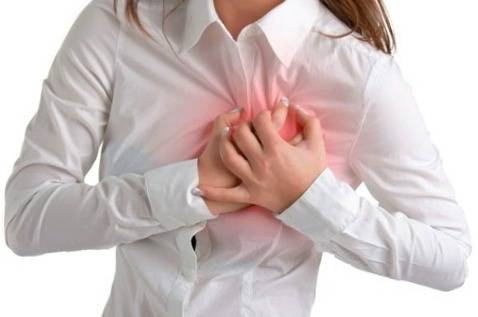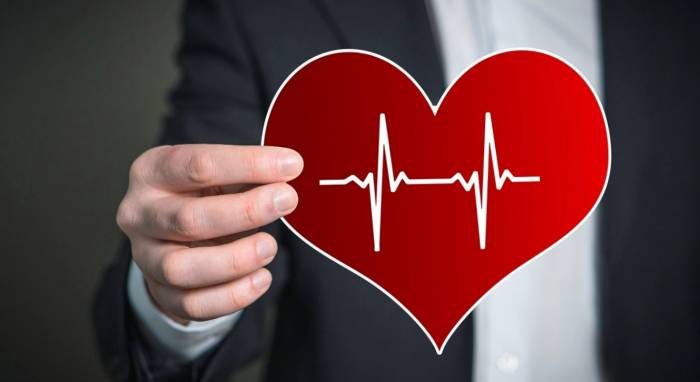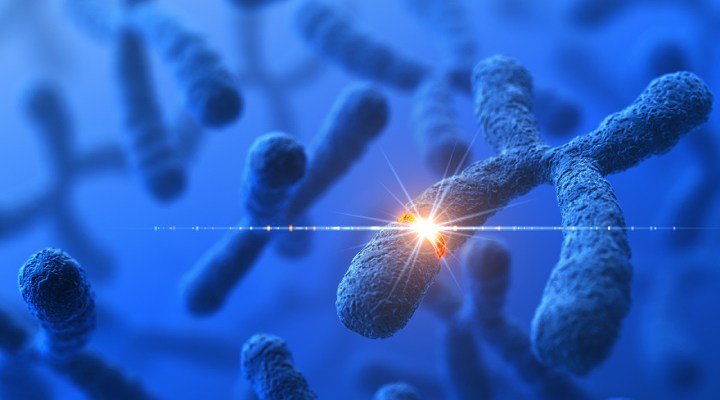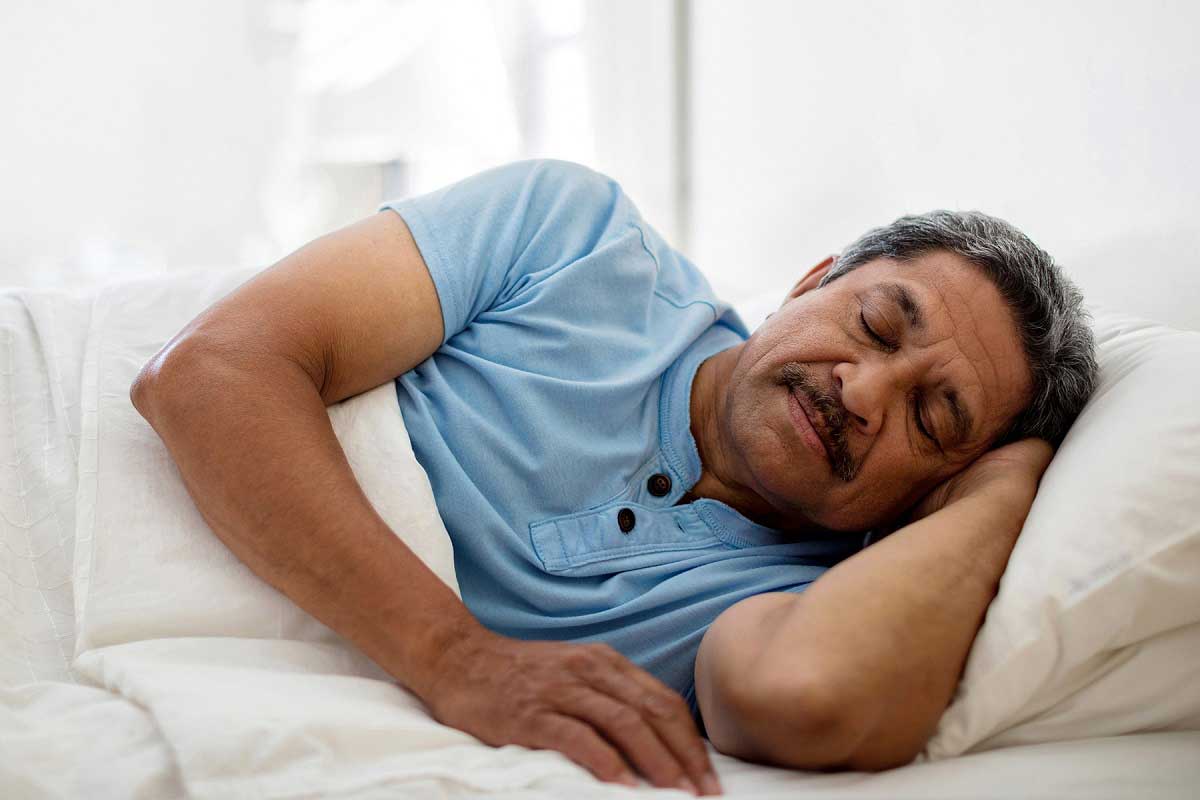Causes of palpitations and herbal remedies for treatment
Symptoms of palpitations
Different people experience heart palpitations in different ways. Sometimes you may feel your heart pounding. Some people have a heart attack in the form of a blow to the neck and chest, and some experience only general discomfort.

Which heartbeat is dangerous?
Heart palpitations are usually dangerous and occur as an attack and are not due to anxiety, running, etc. A person usually sits in a sitting position in a clinically important heartbeat without any problems or stress. Then, it strikes the heart, and simultaneously, the pressure may drop, and the eyes may turn black.
Heart palpitations may have a significant or minor cause. For example, some patients have anemia or stress and anxiety that causes their heart to beat, but they think they have a heartbeat. Thyroid problems and heart valve problems can also cause heart palpitations, some of which are caused by arrhythmias. In this case, the foci inside the heart start abnormal attacks. In other words, it picks up the normal sinus rhythm of the heart and automatically starts attacking the heartbeat. Some arrhythmias are severe and dangerous and may lead to cardiac arrest. But others are benign and heal on their own.
Dangerous heart rate detection method
An ECG can be taken at the exact time of the heart attack to determine the heart rate. If the patient cannot receive an ECG at that time, he or she can use a Holter Monitor. In this way, the doctor connects the device to the patient and then goes home, and his heart rate is recorded in the machine for 24 hours. The patient must press the button of the device when he feels his heartbeat to determine that moment. The doctor then examines it to see if there is a significant arrhythmia at that moment or if it is just a symptom expressed by the patient and does not matter.
Causes of heart palpitations
There are several reasons for heart palpitations. First, some cases of beatings are due to premature contraction of the upper atria of the heart. When the atrium contracts a fraction of a second earlier than scheduled, they rest for a moment longer to return to their normal rhythm.
- Severe nervous reactions such as stress and anxiety, doubt or fear
- extreme sport
- Caffeine (found in tea, coffee, chocolate, and dark drinks)
- Nicotine consumption
- Fever and dehydration
- Low blood sugar
- Anemia
- Hormonal changes related to menstruation, pregnancy, or menopause
- Use cold medicines that contain pseudoephedrine.
- I am taking some asthma inhalers that are stimulants.
- Beta-blockers and anticonvulsants.
- Drugs such as amphetamines and cocaine
- Heart rate stimuli include:
- Anemia
- Hypothyroidism
- Pregnancy
- Menopause
- Heartburn (acid reflux)
- Stress, anger, or panic
- Dehydration
- Potassium deficiency
- Nicotine
- Sport
- Stand for a long time
- Fever
- Low blood sugar
- Excessive consumption of caffeine, alcohol, or chocolate
- Mitral valve prolapse
Treatment of heart palpitations
What causes a sudden heartbeat?
- Pressure
- Sport
- smoking
- Caffeine consumption
“Heart palpitations are worrisome in some cases (sometimes a sign of a cardiac arrhythmia), but there is no serious problem in most cases.”
Who gets heart palpitations?
- In this case, you may be at risk for heart palpitations.
- You have severe stress and anxiety or other mental health problems.
- You have hyperthyroidism.
- You have a history of other heart conditions such as arrhythmias, heart failure, or heart attack.
- You take stimulants such as asthma and cold medicines.
- “Do not forget that almost a high percentage of people with this condition have heart palpitations. Heart palpitations can result from stress and anxiety, exercise, smoking, caffeine, medication, or, in some cases, certain diseases.

When to worry?
The human heart beats about 100,000 times a day. However, healthy people never think about the speed and regularity of this beating. In fact, not feeling the work of the heart is part of the good and beautiful feeling of life and being alive. For this reason, when we think of the piece of our heart, we realize that our heart sometimes beats out of turn; that is, faster or slower, we experience fear and panic.
An alarm should be sounded if the arrhythmia is severe enough to affect the heart’s pumping, cause dizziness or even anesthesia, or if it is accompanied by chest pain, shortness of breath or nausea, or a family history of a heart attack. And see a doctor.
A slow heart rate below 60 beats per minute is called a “bradycardia,” and a heart rate above 100 beats per minute is called a “tachycardia.” The source of the arrhythmia can be in the atria or ventricles of the heart. There is no general difference between men and women in causing cardiac arrhythmias. However, according to statistics, women have a higher heart rate than men when they relax. Women are less likely to develop coronary heart disease, but the factors that cause heart rhythm disorders are more effective. Heart rhythm disorders in women are often hormonal. Young women are more likely to develop tachycardia during menstruation or anemia or more likely to menopause in older women.
Not all heartbeats are dangerous.
Heartbeat is an emotion that only the patient can express. In other words, the doctor can not tell his patient that you have a heartbeat; it is a complaint that the patient sees a doctor. Now, a person who feels a heartbeat may find that his heart is normal after a medical examination.
What should our heart rate be?
Heart rate is one of the vital signs or indicators of health. To measure it, they use the number of heartbeats per minute.
Heart rate varies for a variety of reasons, including exercise, safety threats, and emotional moments. For example, when you are stressed, your heart rate rises.
Although a normal heart rate does not guarantee your health, it is an important and useful criterion for identifying a wide range of health issues.
Heart rate facts:
After 10, each person’s heart rate should be between 60 and 100 beats per minute. Heart rate varies from person to person due to age. Heart rate alone is not important, and in addition to heart rate, heart rate is also important, and if the heart rate is irregular, it can indicate serious risks in people.
In the United States, one in four people dies from a heart problem. Therefore, daily heart rate monitoring is very serious for middle-aged and older adults and can protect you from serious risks.
Heart rate measures the amount of fat in the heart in 60 seconds. The heart is a muscular organ in the center of the chest. When the heartbeats, it pumps oxygenated blood and circulates it throughout the body. So the heart works by pumping blood containing oxygen and nutrients to other parts of the body.
For example, in some situations, such as fear, surprise, etc., some adrenaline is produced in the blood, which speeds up the heartbeat.
The heart rate is the same as the heartbeat because the heart’s contraction can also increase blood pressure in the arteries.
As a result, the pulse is a fast way to measure heart rate directly.
What can we do to treat heart palpitations?
Take a walk or bike
Regular exercise is good for the heart and saves you from cardiovascular disease.
Eat lavender
A herbal bath with a few drops of lavender oil calms the nervous system. By keeping the nervous system calm, the likelihood of anxiety and panic also decreases. In addition, this plant has a great effect on blood pressure and heart rate.
If you feel your heart is pounding without doing any physical activity, and if you have no history of heart disease, the first thing you need to do to overcome this condition is to stay calm. In general, quiet people can not have a heartbeat.
First, sit on all fours in a comfortable position.
Then take a deep, slow breath through your nose so that your abdomen rises with each breath.
Now let the air out.
Continue this process for a few moments until your heart rate returns to normal.
Avoid drinking coffee
In some people, caffeinated beverages such as coffee, tea and cola, and even dark chocolate can cause or increase heart rate.
Anemia is one of the leading causes of heart palpitations that can be treated with molasses—mix one tablespoon of molasses with a cup of water and drink.
Mix 2 teaspoons of molasses and apple cider vinegar with a cup of water. Follow one of these two methods to treat your heart rate daily.
Drink cold water
The researchers found that people who drank cold water before exercising had lower heart rates. This is because swallowing water puts pressure on the esophagus and helps restore its rhythm. In the case of a high heart rate, sprinkling cold water on yourself can quickly reduce the heart rate, as it shocks the nervous system and regulates the heart rate.
Garlic:
Garlic has many health benefits. Lowers blood pressure and cholesterol levels and relieves clogged arteries. A blood clot clogs a blood vessel and damages the heart muscle by reducing oxygen-rich blood. To keep your heart healthy, you should eat a clove of raw garlic daily with a tablespoon of olive oil and a pinch of salt.
Cinnamon:
Combine a teaspoon of cinnamon powder and a teaspoon of honey. Use this combination once a day for a few days.
Or you can add cinnamon powder to the tea you drink every day, and in addition to flavoring it, it also helps your heart health.


